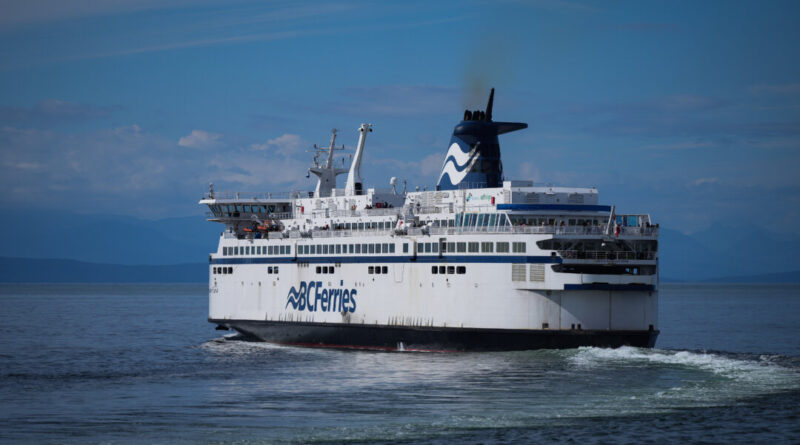BC Ferries is cautioning passengers that fares could increase by up to 30%
The CEO of BC Ferries has indicated that fares may need to increase by 30 percent or more to keep up with rising costs.
Nicolas Jimenez stated in a written communication that BC Ferries has been experiencing price escalations and is grappling with operational expenses, which may necessitate a fare hike.
Jimenez mentioned that the projected 30 percent price hike from last year was intended to align with operating and capital costs. However, BC Ferries has witnessed a 40 percent surge in shipbuilding expenses since 2020.
These escalating costs have resulted in a funding shortfall, requiring a sustainable funding model to rectify the situation.
BC Ferries’ current fare structure is scheduled to expire in 2028.
A portion of the costs is attributed to the acquisition of new vessels ordered by the provincially owned corporation, including 15 Island-class replacements over the next five years, with four already under construction.
The costs are also rising in terms of maintaining the current fleet’s condition and the necessary infrastructure for the ships.
“We have over 30 terminals that will require significant investment in the coming years. This means almost one in three terminals will need substantial funding,” Jimenez explained.
The upgrade plan anticipates a yearly increase in capital costs between 10 and 15 percent over the next 12 years.
The CEO informed that he has discussed the situation with the B.C. transport minister.
“Even with our current fares, we are not generating enough revenue to cover our operational costs and capital requirements, falling short of our customers’ expectations in many cases,” Jimenez added.
Premier David Eby emphasized that it is the company’s duty to keep costs at a minimum and fares affordable.
“We have provided financial assistance to B.C. Ferries to ensure consistent fares for British Columbians,” he stated. “The consistency in fares is crucial for British Columbians, especially during times of financial pressure.”
Eby insisted that any discussions between his government and BC Ferries must include assurances about the company’s operational efficiency.
Digital Community Engagement
The warning of a potential fare increase comes shortly after BC Ferries announced the discontinuation of its 30-year community advisory model in favor of a digital approach.
For three decades, BC Ferries has relied on advisory committees for feedback from communities. These volunteer-led groups provided local insights and feedback to the company.
A survey conducted by BC Ferries in August revealed that 81 percent of nearly 5,000 customers preferred digital engagement, while only 8 percent supported the FAC format.
The survey also indicated that 48 percent were familiar with the existing model, and 38 percent of those felt it effectively represented community concerns.
In the upcoming year, BC Ferries plans to host design sessions, online surveys, and pop-up events at terminals and onboard ferries to gather customer input. The company also intends to consult with local governments, First Nations, and community groups.
The FAC model process will conclude on April 30, 2025, making way for the digital-first model, as stated in the release.
BC Ferries serves over 60,000 customers daily.
The Canadian Press contributed to this report.





